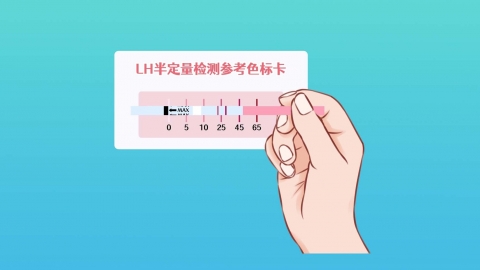Will a delayed ovulation period also delay the menstrual period?
Generally, delayed ovulation can lead to a corresponding delay in the menstrual period. The detailed explanation is as follows:

The menstrual cycle is regulated by ovarian hormones and is divided into the follicular phase, ovulation phase, and luteal phase. During the follicular phase, follicles gradually develop and mature, after which an egg is released during the ovulation phase. Following ovulation comes the luteal phase, during which the corpus luteum secretes hormones to maintain the stability of the endometrium. If pregnancy does not occur, the corpus luteum typically degenerates after about 14 days, causing hormone levels to drop and the endometrium to shed, resulting in menstruation. When ovulation is delayed, it means the follicular phase is prolonged and follicles mature later than usual. The luteal phase, however, remains relatively fixed in length and does not significantly change due to delayed ovulation. Therefore, starting from the time of delayed ovulation, the subsequent processes—luteal regression and endometrial shedding—are also postponed, ultimately leading to a delayed menstrual period.
An occasional delay in ovulation is usually not a cause for concern and may be related to emotional fluctuations, irregular sleep patterns, or environmental changes. However, if delayed ovulation and menstrual periods occur frequently, attention should be given to overall health, including maintaining regular sleep patterns and a balanced diet. If the situation persists, it is advisable to consult a healthcare professional promptly.




